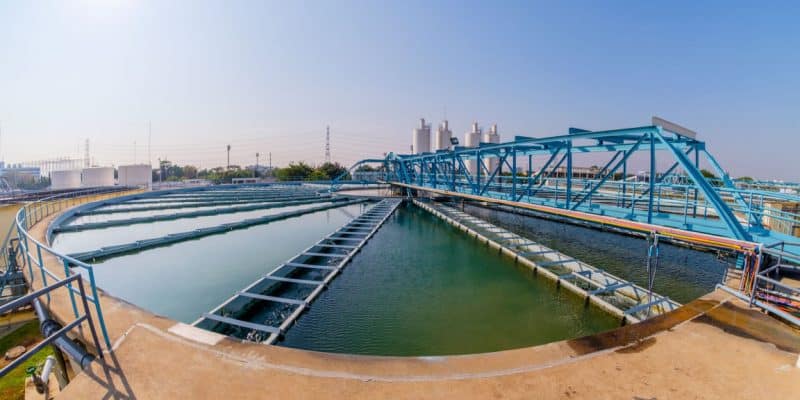In Algeria, the National Sanitation Office (ONA) has announced a hydraulic project in response to water stress. It involves the construction of 16 new wastewater treatment plants. The wastewater treated by these plants will be reused in various sectors of activity, notably agriculture.
Algeria will have 16 new wastewater treatment plants. The project is announced by the National Sanitation Office (ONA). The future wastewater treatment plants to be built as part of the Multiannual National Action Plan are expected to increase resilience to Algeria’s growing water stress. According to the study, “Access to water and sanitation in the Mediterranean, innovative finance: solutions or illusion?”, published by the Institute for Economic Prospection in the Mediterranean (IPEMED), Algeria is one of the leading states most exposed to this phenomenon in the world.
According to Ona, the construction of 16 wastewater treatment plants will make it possible to increase the quantity of wastewater treated in Algeria by 140 million m3 per year. Currently, this North African country has a treatment capacity of 1.16 billion m3 of wastewater per year.
Also Read –
Among the sectors that will benefit from this project is agriculture, which consumes more than 70% of the country’s water resources. In Algeria, water stress also affects households, which see their taps dry up, as well as livestock farming, tourism, etc.
In addition to preserving water resources, the proliferation of water treatment plants in Algeria accelerates the depollution of lakes and the sea, where untreated effluent generally ends up, causing a deterioration in water quality and the loss of biodiversity.
Inès Magoum







